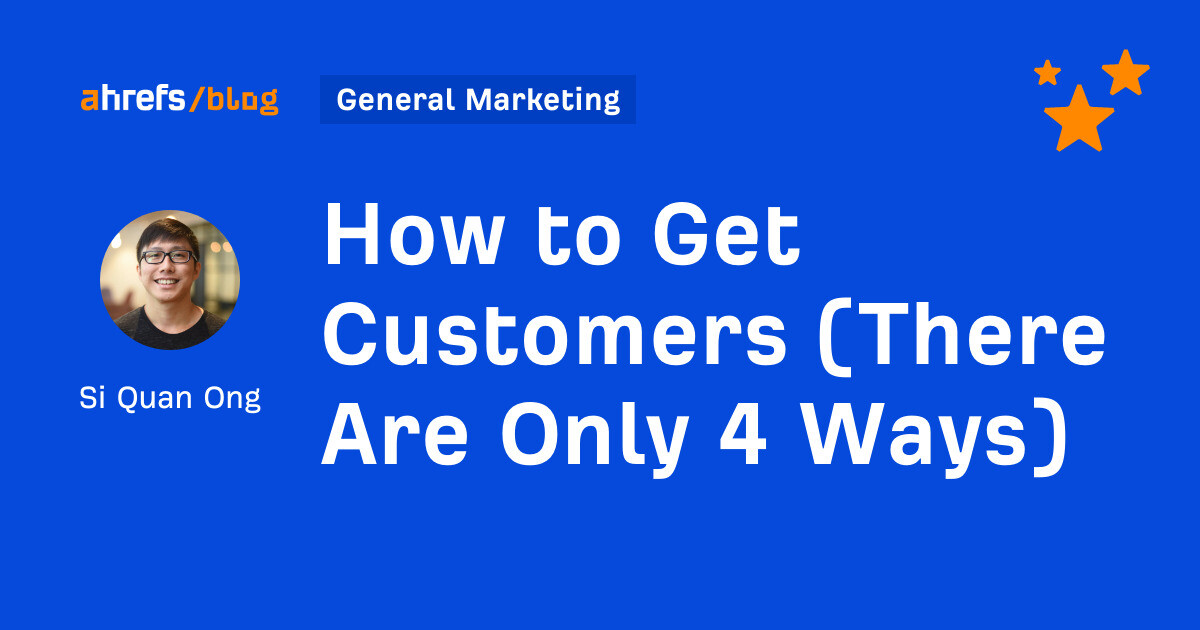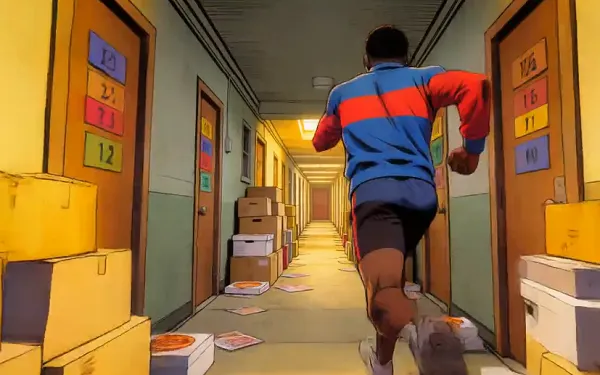An Insider’s Guide to Event Sponsorships (From a Company That Spent $500K)
When big-name sponsors put their logo on your event materials, they’re essentially saying: “This event matters.” We know this firsthand because event sponsorships have been a big part of our marketing strategy. We’ve spent an estimated $500,000 on them,...
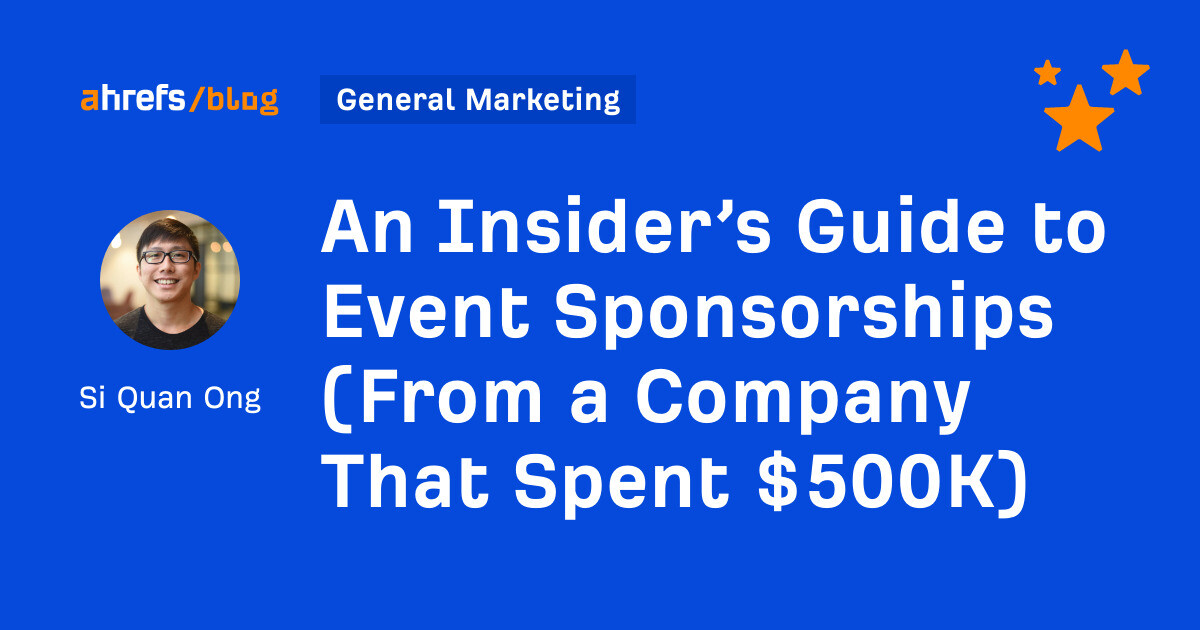
The secret weapon behind a successful event isn’t just great speakers, a cool venue, or sold-out tickets. It’s also the sponsors who bring in important revenue while adding credibility to your event. When big-name sponsors put their logo on your event materials, they’re essentially saying: “This event matters.” We know this firsthand because event sponsorships have been a big part of our marketing strategy. We’ve spent an estimated $500,000 on them, sponsoring everything from intimate industry meetups to massive international conferences. Our booth at Chiang Mai SEO 2024 Tl;dr: If you’re running events, you absolutely want sponsors like us. But how do you convince companies like ours to open their wallets for your event? I spoke with Elysa Han, our events marketing manager, to learn what we look out for in event sponsorships. Consider this your insider’s guide to winning event sponsors. For sponsors, every dollar spent on sponsorships is an investment that needs to deliver returns. Here’s what is driving our sponsorship decisions: We’re not automatically choosing the biggest or most prestigious events. The size of your event matters far less than how it aligns with our goals. Here’s how we evaluate events to sponsor: By the way, these are not set in stone. There are times when we break our own rules too. For example, we recently sponsored Nas Summit in Singapore. While it was a sizable conference, it was an event for both current and aspiring content creators who, on paper, are miles away from our ideal customer profile. In fact, by our own calculations, 62% of event attendees were unfamiliar with our brand. So, why did we write the check? The main reason was that the value proposition was too extraordinary. For a modest investment, we received the same value as what would have cost 5X in other events. We had a booth, social media shoutouts, visible branding (e.g., on the media wall), and even event tickets. Even though it didn’t match our criteria, we couldn’t pass up an exceptional offer. So, we turned it into a brand awareness play instead. The fastest way to lose our interest is to hide behind vague claims like “well-attended” or “industry professionals”. We want to see everything laid bare, so tell us: Elysa also likes to hop on discovery calls with the event organizers to learn more information and get a feel for the people involved. What kind of sponsorship information do we want to see? Here are the packages we’ve seen so far (that might inform yours): One thing’s for certain: every sponsorship package is just a starting point for negotiation. We’ve never accepted a sponsorship package exactly as presented, and neither will most sponsors. As the organizer, you should expect that and be flexible. Just because you’ve structured a sponsorship package that way doesn’t mean it has to be fixed that way. Sponsors may have budget constraints and may want branding opportunities that are different from what you’ve thought of. For example, they may not just want visual branding but also shoutouts on your owned media channels, like the website, social media, and email newsletter. Or they may want their standees to be on stage, together with a massive logo. Or they may want extra shoutouts on stage for their brand or for attendees to check out their booths. If you’re running your event more than once, the key is getting the sponsors to return. That way, you don’t have to constantly think about acquiring new sponsors. But how do we decide if we want to sponsor the same event repeatedly? The most important factor we look at is our team’s post-mortem. Within days of the end of your event, the on-site team conducts a brutally honest assessment that covers: Here’s an example of a report done by my colleague: If we do not have an on-site team, i.e. we sponsored only for brand awareness, then we’ll check feedback on social media. We also give lots of bonus points to event organizers who are proactive. The best organizers we’ve worked with: Ultimately, sponsorships—not just for events but for creators too—are all about relationships. Don’t be surprised when I say this but sometimes we sponsor an event because the organizer is an enterprise-level prospect or customer. And sometimes events give sponsors discounts because they see them as a long-term partner and want them to return regularly for all future editions. Making sure your event is profitable is important. But don’t forget that relationships run the world. Expect to be flexible and negotiate towards a win-win for both you and the sponsor. Securing event sponsorships is all about creating mutual value. The most successful event organizers understand what sponsors are looking for and build packages that deliver real results. By being transparent with your data, flexible with your offerings, and proactive in your communications, you’ll build relationships with sponsors that last beyond a single event. Remember: sponsors like us are looking for ROI, but we’re also looking for partners who understand our goals and are committed to helping us achieve them. Trying to organize an event instead? We also organized our own conference and wrote up how we did it: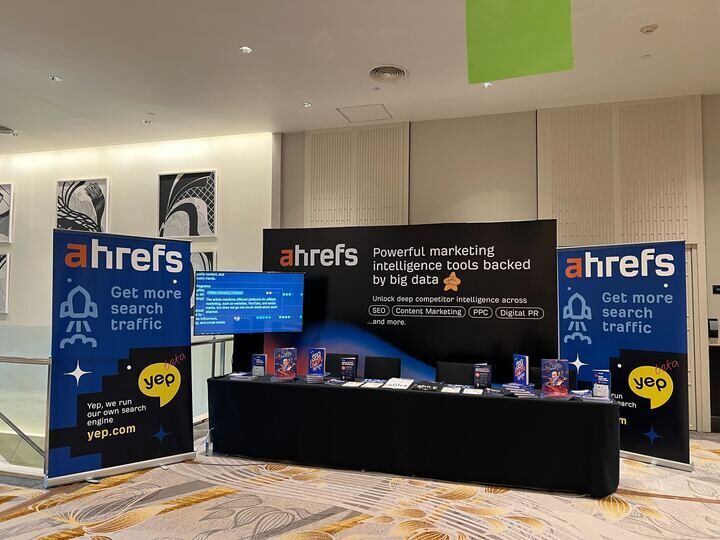
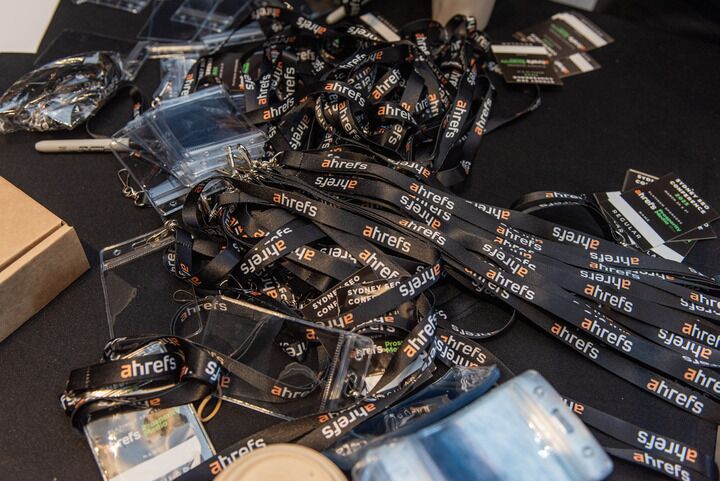
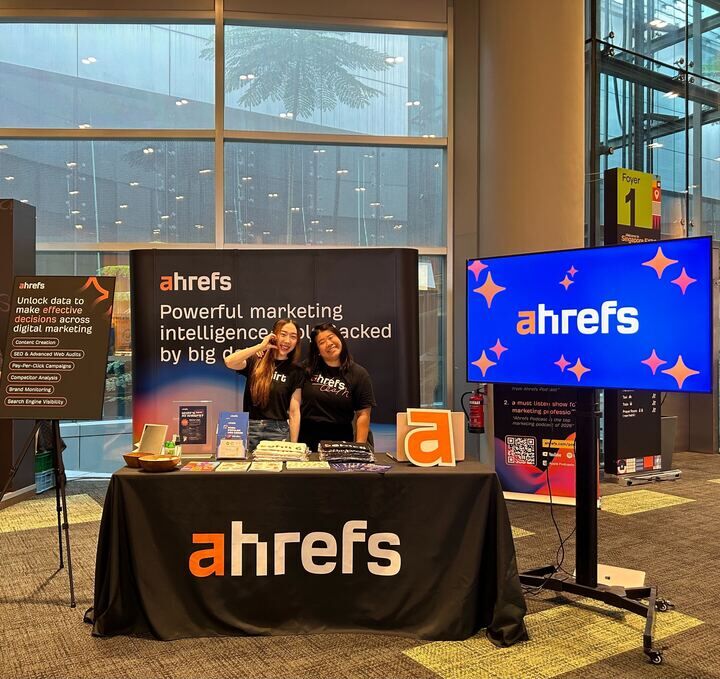
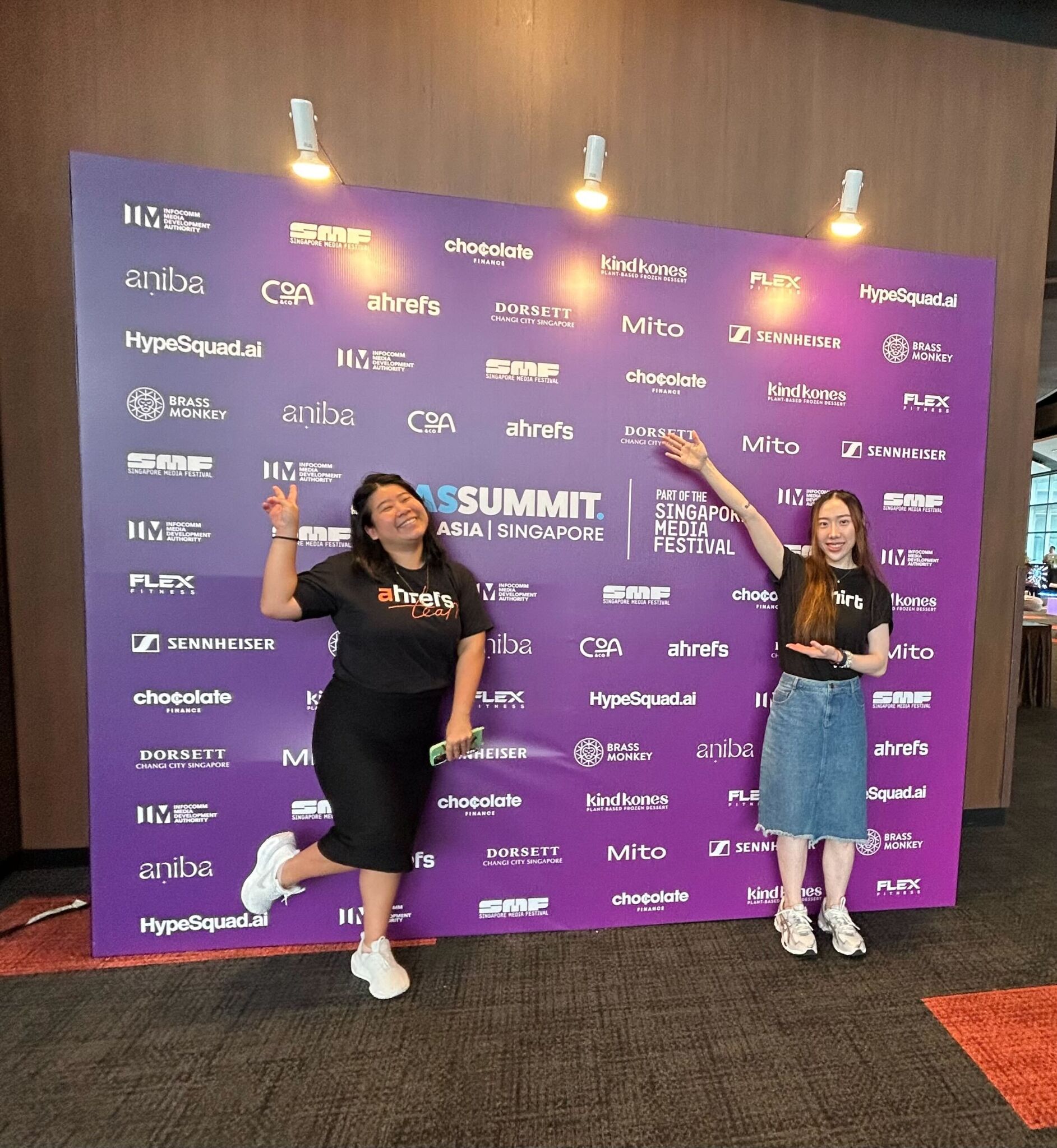
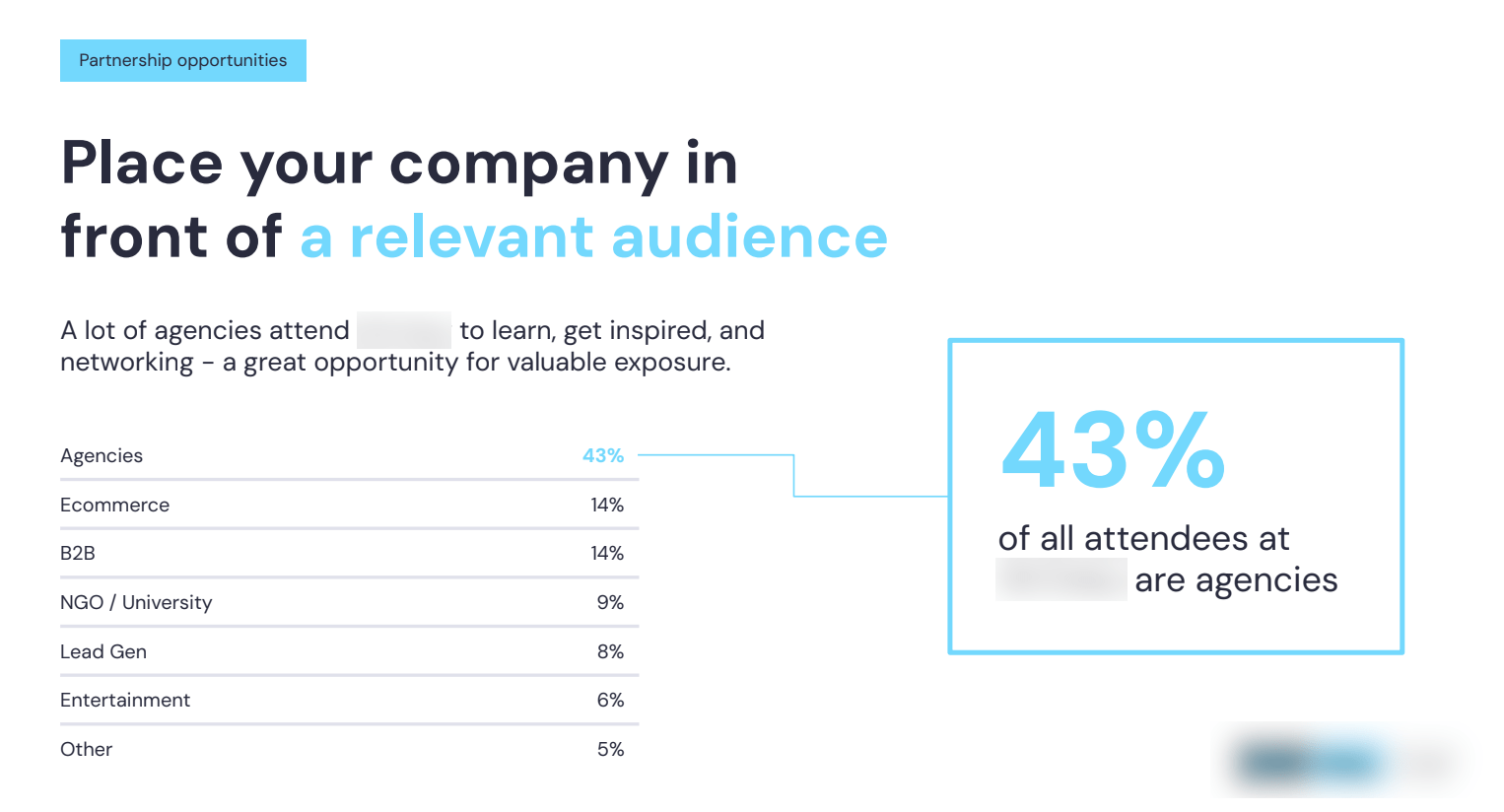
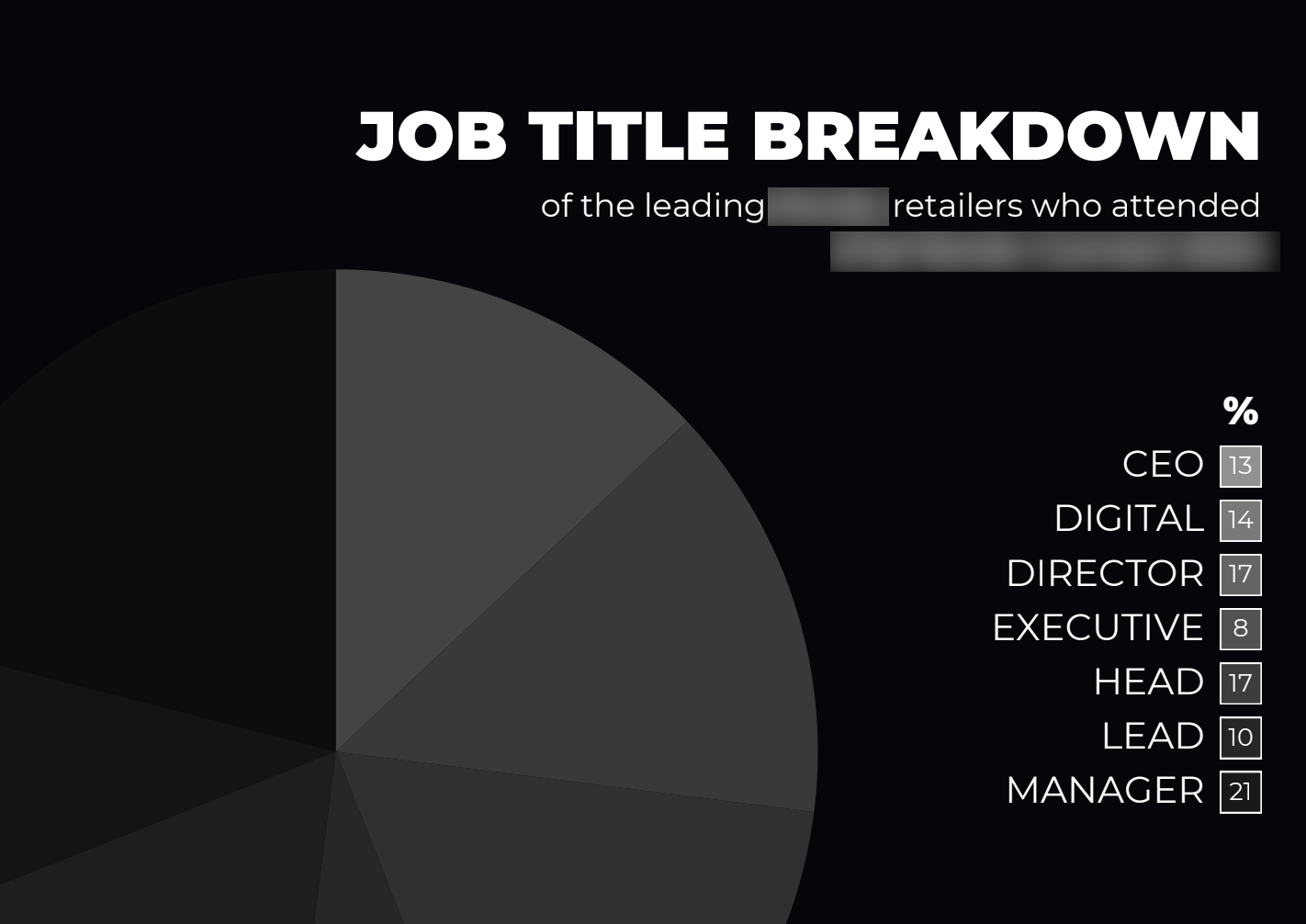
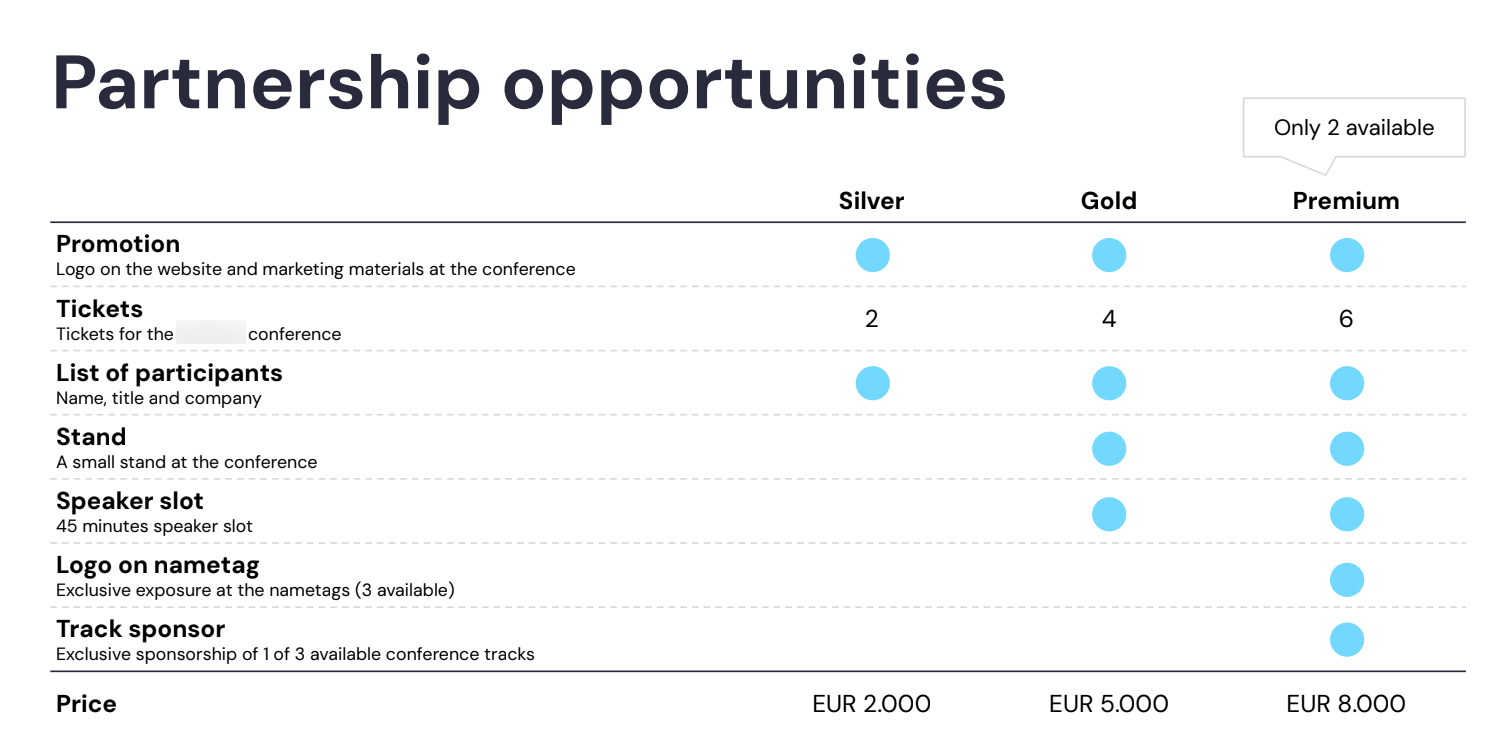
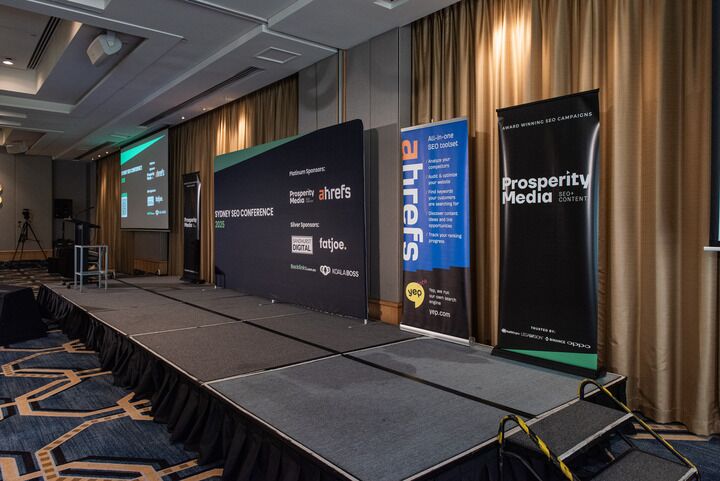
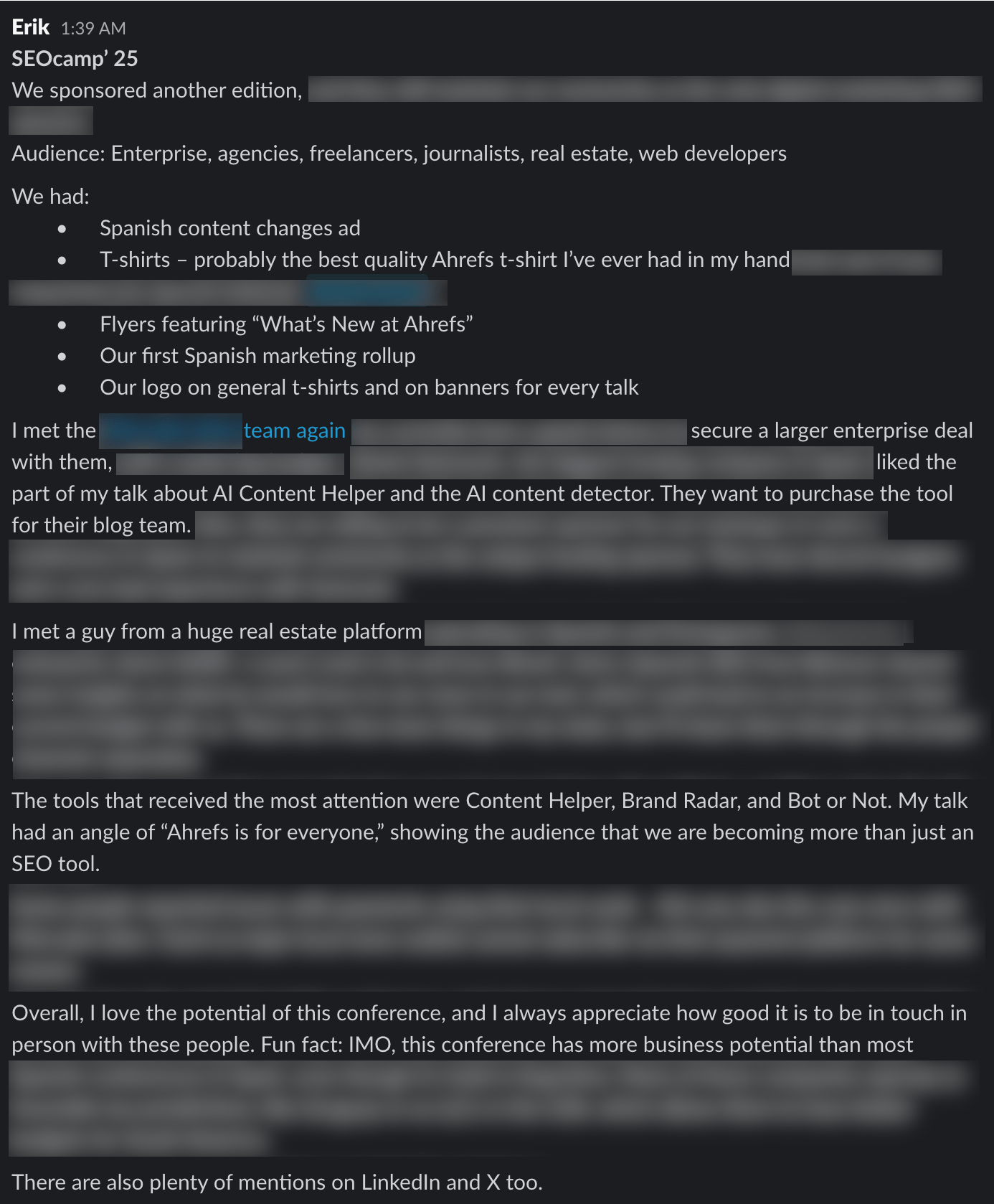
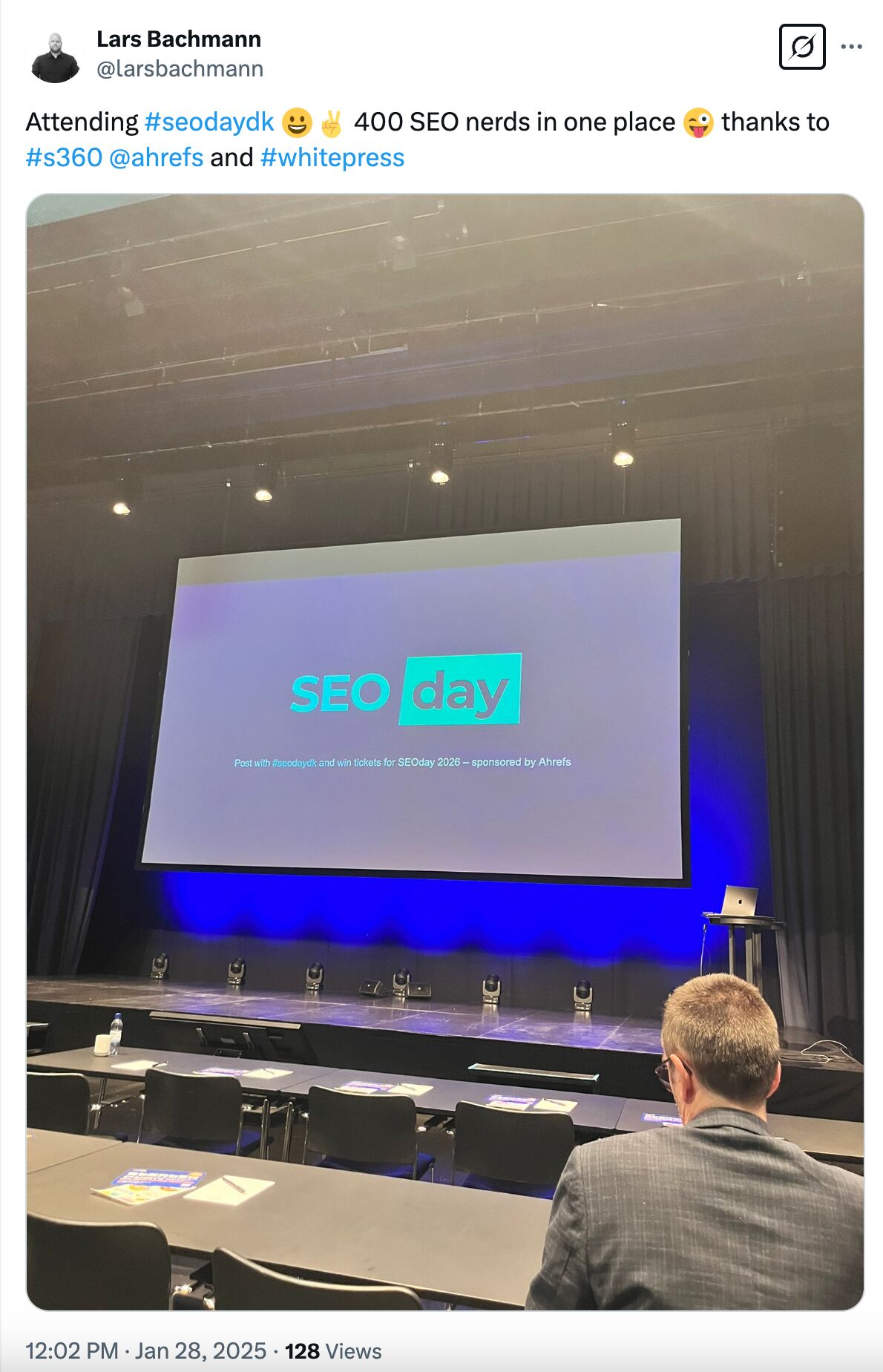
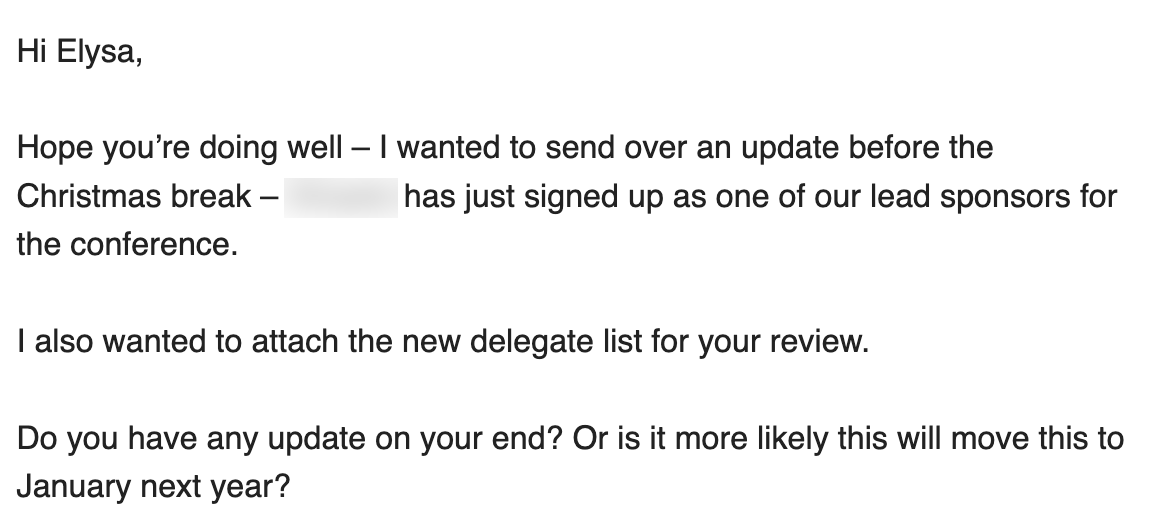

Final thoughts

 JaneWalter
JaneWalter 











